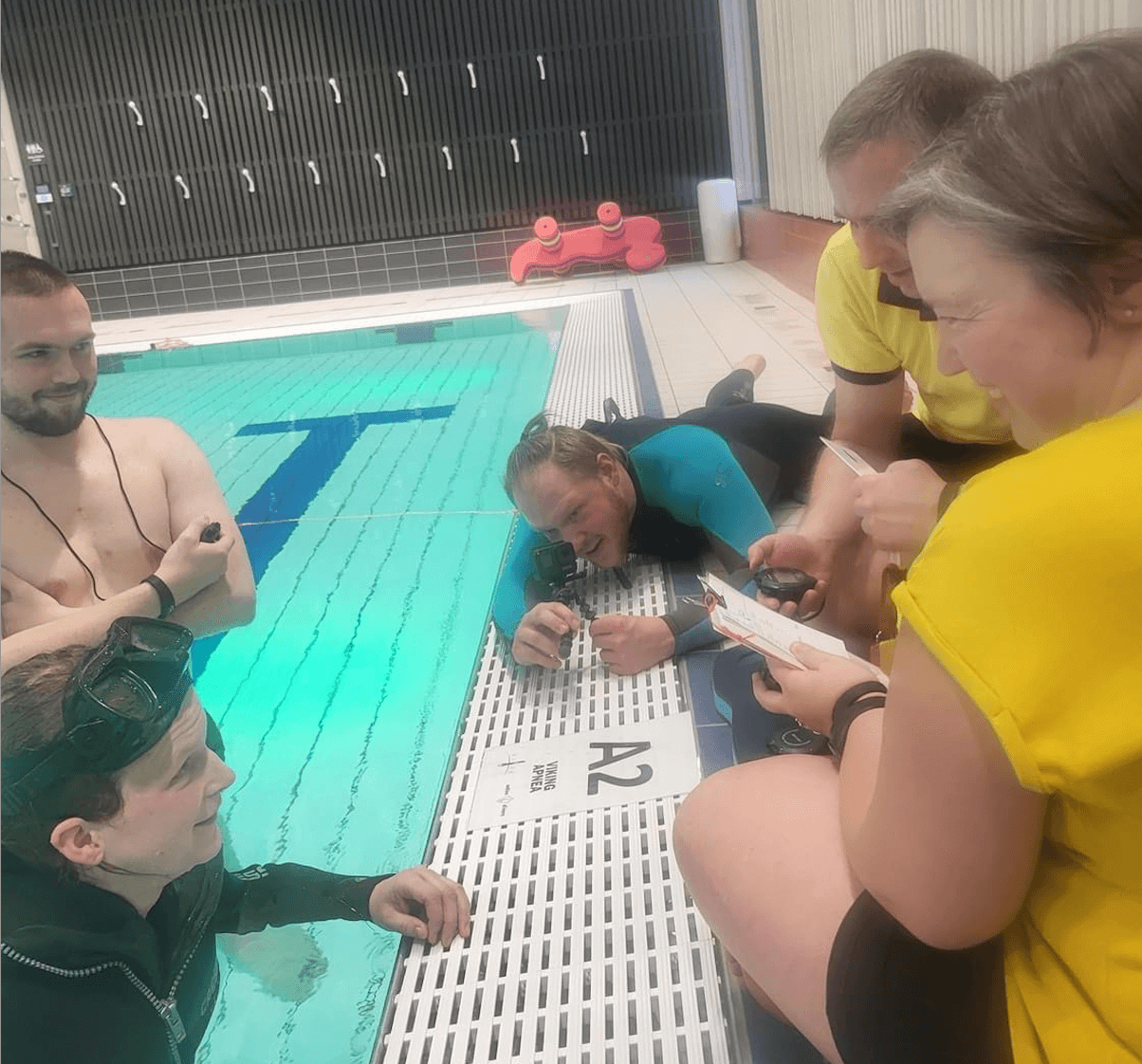
Student evaluations of teaching as a “technology of power” (reading Rodriguez, Rodriguez, & Freeman, 2020)
I just read this super interesting article about student evaluations of teaching as a “technology of power” that acts to prevent any change of the system from the status quo, that I can’t stop thinking about.
The authors use Foucault’s concept of “power-knowledge”: if knowledge gets institutionalized, it takes on a life of its own and creates its own “truths” and norms, and correct/acceptable ways of doing things. This system is maintained by “technologies of power”, like standardized tests, instruments, procedures. Anything that isn’t “normal” has, according to this logic, to be removed.
This conception has been applied to many different institutional settings and explains, for example, how some pupils are diagnosed as “deficient” (btw, you HAVE to watch the super interesting TED talk on “the myth of average”!), or how American English is in some places being enforced as the only acceptable language. It can also be applied to universities. In the US (where the authors refer to, but also in many other places), this has led to expertise and authority being associated with, and assigned to, white males. Universities also have strong hierarchies and operate as efficiently as possible, thus anything other than the norm is perceived as a disturbance that needs to be eliminated. In this context, student evaluations of teaching are technologies of power, since they reward behavior that is exactly according to the norm, and punish for any deviation from it.
It is widely accepted that student evaluations of teaching are biased, sexist, racist, prejudiced in many ways, at least when they ask students to rate teaching or teachers, and not just describe their experience. But since they are in many places used to make decisions about employment, salary or promotions, these problems with how “teaching quality” is supposedly assessed lead to favoritism of a particular type of teacher — the one that is already most widely in place. Continuing to use them despite knowing that they do not actually measure teaching quality is supporting a system that is unfair, but also supporting unwarranted beliefs in objective measurements of quality being used as basis for decisions (or even objective measurements of quality being possible in the first place), the belief that hiring and promotion decisions are fair, and that teaching excellence (as measured by the students evaluations of teaching) is achievable for everybody (and that that is a desirable goal). Sometimes, technologies of power, and in this case student evaluations of teaching, get so deeply entrenched into systems, for example even through laws requiring them, that it becomes difficult to even imagine alternatives.
This is then set in the context of other technologies of power that have historically reinforced white male dominance:
- phrenology: using objective measures of skull sizes to legitimize distinguishing between groups of people and thus being “scientifically” argue to maintain European over African, male over female hierarchies that had become otherwise hard to defend.
- assessing the risk that children face in their homes in order to determine if they should be removed from there for their own protection: even though there are assessment rubrics that are supposed to eliminate biases, those rubrics in itself are biased towards white, middle-class norms as the ideal.
Even policies that acknowledge that student evaluations of teaching are problematic don’t usually address how to use them instead, they just give rules of thumb on how to interpret them, but that only acts to legitimize a measure that really does not measure what it claims it does (teaching excellence), but rather how well a teacher fits the mould of what is expected of them — i.e. it measures student bias. Using student evaluations of teaching for the former rather than the latter just increases the hurdles that non-norm-conform teachers face, So we really need to move on from “it’s an imperfect measure, but it’s the best we have” to “we have to rethink this fundamentally, since it is not giving us the data we need for the problem we are trying to solve, instead it is giving us data that, no matter how we use it, perpetuates injustice”.
Featured image: Of course the rules we set influence behavior, since people want to do as well as possible, and the rules seem to be a good framework for that. But if we don’t consider how good the measure really is, it runs the risk of becoming meaningless. Not in the case of this photo, though, that was really an excellent performance as you see from a very happy athlete and an even happier judge!
Rodriguez, J., Rodriguez, N. G. L., & Freeman, K. (2020). Student evaluations of teaching: phrenology in the 21st century?. Race Ethnicity and Education, 23(4), 473-491.
Currently reading Part I of the book "Sustainable Development Teaching - Ethical and Political Challenges", edited by Van Poeck, Östman, Öhman (2019) - Adventures in Oceanography and Teaching says:
[…] we are not used to stress the social, ecological AND economic perspectives, and we typically have one accepted, the academic, way of knowing, that often does not acknowledge that it might be imperfect. Including the three perspectives […]